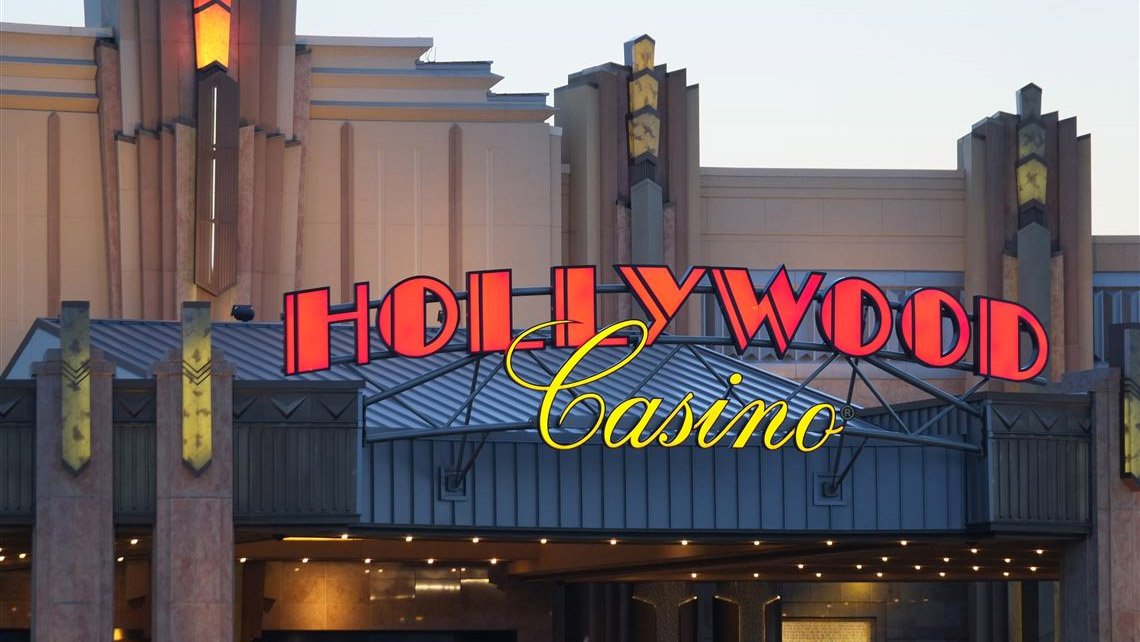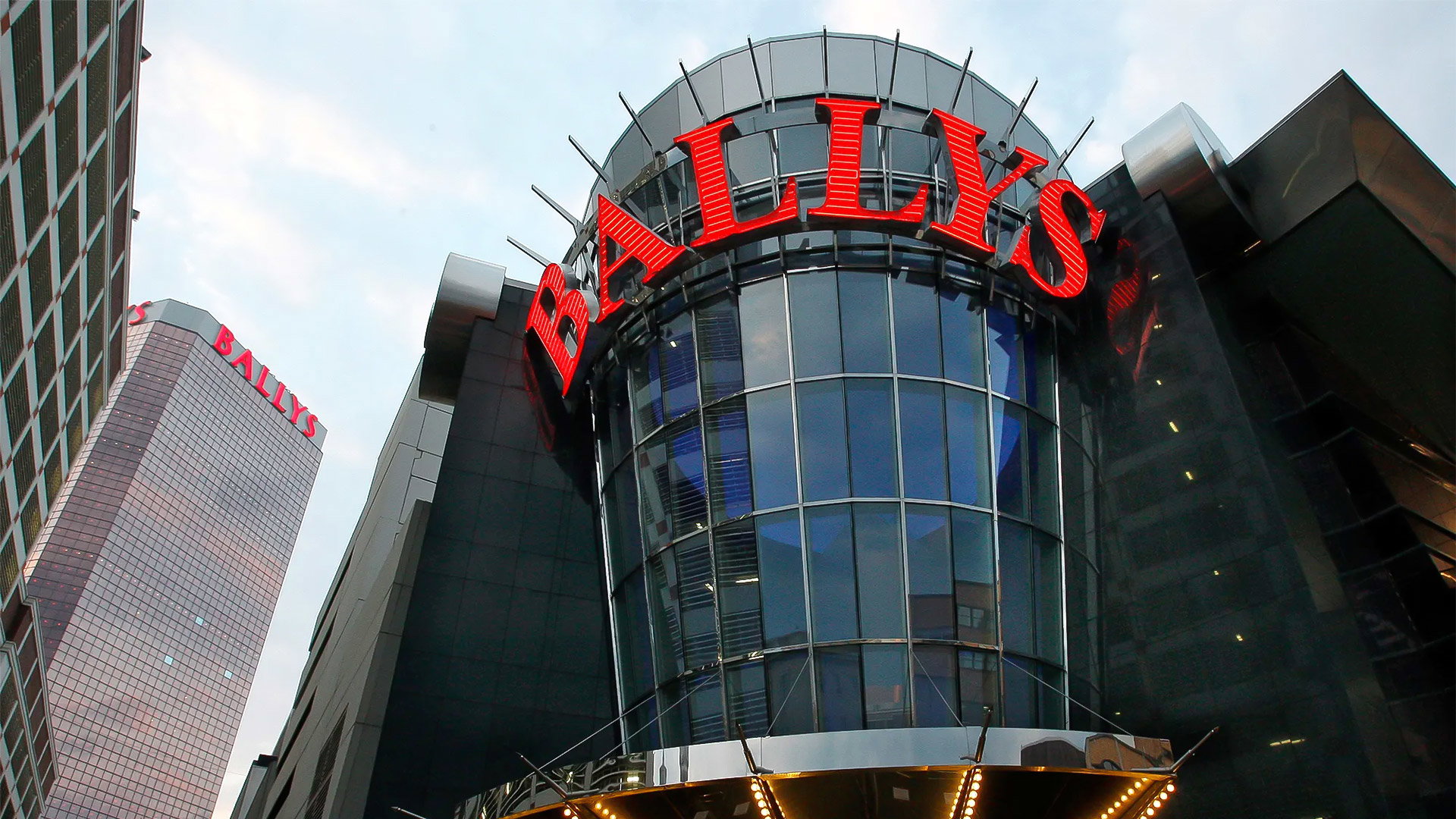Penn shares slip after Bank of America downgrade on balanced risk-reward profile

Penn Entertainment shares fell in early trading Wednesday following a downgrade from Bank of America, which lowered its rating to “neutral” from a prior recommendation. Analyst Shaun Kelley attributed the change to what he described as a “balanced” risk-reward outlook, assigning a price target of $22 — signaling limited upside from the current price.
Kelley highlighted several concerns affecting Penn’s prospects, particularly in the competitive regional casino markets and the online segment. The company faces earnings pressure in core regional locations, along with high fixed costs and market share challenges in online betting.
Penn’s online sports betting sector has seen improvements in technology and higher hold rates, although promotions have been reduced. Nonetheless, the market share for Penn’s ESPN Bet remains low, capturing just 3% of online sports betting and 2% of iGaming — well below initial projections.
“In regionals, we expect revenue and margin pressure from new supply to continue in Q4 and into 2025 with acute impacts in Iowa/Council Bluffs, Illinois/Indiana (Joliet/East Chicago), and Louisiana (Bossier City) from casino openings, before getting a boost from $850 million of capex opening in late 2025 and 2026,” Kelley noted. This includes major investment projects in Illinois, where Penn plans to bring two riverboat casinos ashore, costing $360 million in Aurora and $185 million in Joliet.
Despite concerns, Penn Entertainment stock has been on a strong upward trend, with shares rising 9.70% in the week following Election Day and 14% over the past month. However, the Bank of America report suggests recent gains may leave little room for near-term upside. Kelley pointed to risks including elevated fixed costs, a sizable debt burden — expected to reach a leverage ratio of 6.3x next year — and market saturation in some gaming regions.
Penn Entertainment shares were down 0.42% in premarket trading at $21.45, within a 52-week range of $13.50 to $27.21.















































